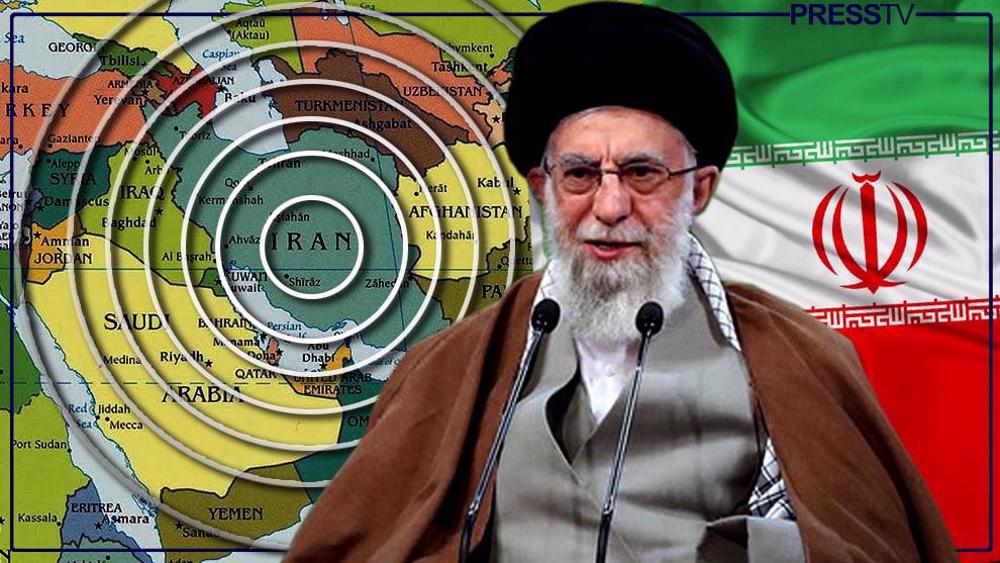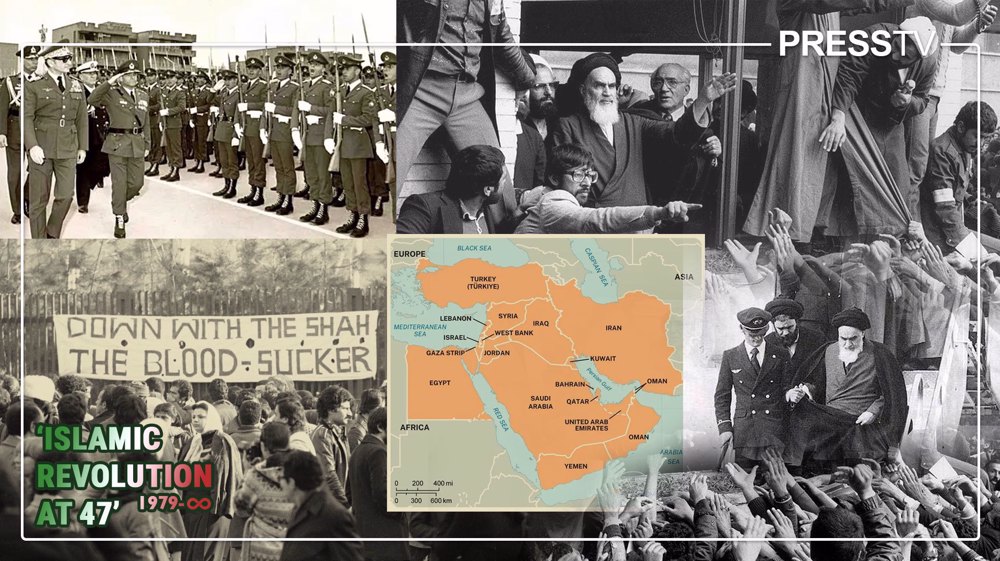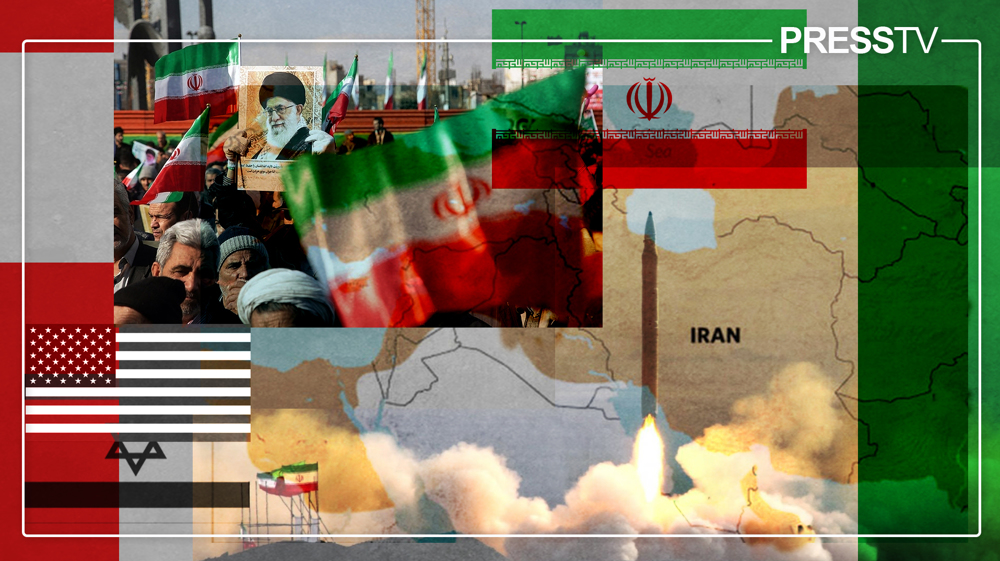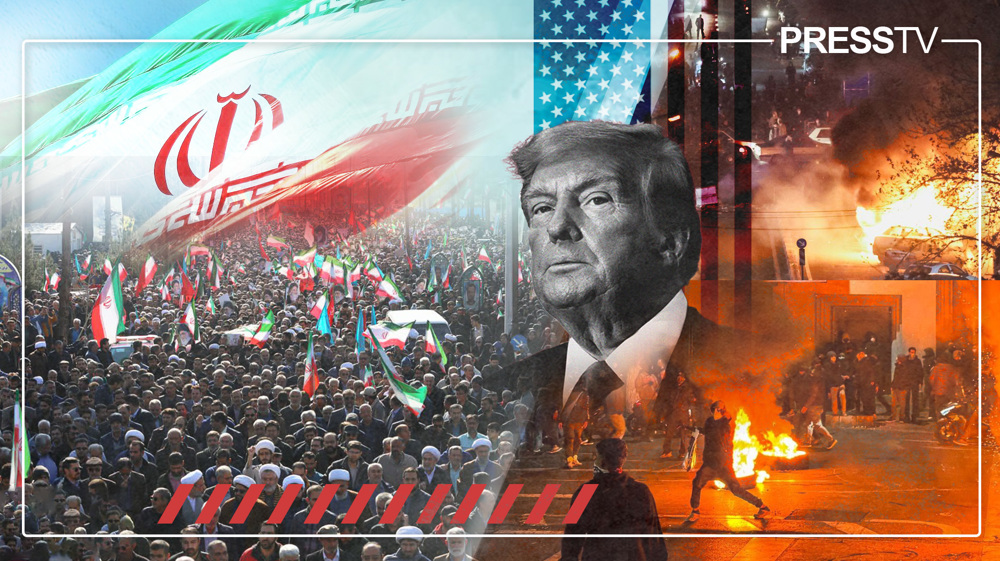Leader reaffirms support for active diplomacy and regional field
By Julia M.K.
Julia M.K. is a Beirut-based analyst, writer, and political commentator. Along with regular appearances on PressTV, her work has also appeared in Al-Mayadeen, Al-Akhbar, Mirat al-Jazeera, Counterpunch, and elsewhere.
On the occasion of Iran’s National Teacher’s Day, which followed International Workers Day, Leader of the Islamic Revolution Ayatollah Seyyed Ali Khamenei emphasized the importance of supporting workers, ensuring their job security, and valuing their labor as stewards of national production and development.
Ayatollah Khamenei also paid tribute to Martyr Morteza Mottahari, the revolutionary theologian murdered by the al-Furqan group, which claimed to be Islamic revolutionaries despite committing terrorist acts and assassinations against the revolutionary clergy, for the nation’s Teacher’s Day. Likewise, Ali was murdered as he was praying by a member of a defector group from his own army.
Touching upon next month’s negotiations also, the Leader gave a few remarks regarding the upcoming elections. Nodding to the eight-year-long diplomatic failure of the JCPOA, he reminded candidates to not give promises they can’t deliver.
Ultimately, he emphasized the role of workers as stewards for independence and sovereignty, in line with the Leader’s goals in ramping up national production, reducing imports and putting the Resistance economy into high gear.
Alluding to his Persian New Year speech that the slogan of the year was “production, support systems, and removing obstacles,” the Leader emphasized that his emphasis on support referred to supporting workers, the agents of national production.
As Ayatollah Khamenei emphasized, national production is the sure-fire way to ensure a nation’s independence and “nullify the effects of sanctions”.
With the US refusing to hold up its commitment on removing sanctions on Iran, America’s objectives in renegotiating the JCPOA, to its own further advantage, effectively failed. According to sources given to Press TV on Tuesday, the US continues to refuse to fully implement Article 29, effectively removing all nuclear related sanctions. By emphasizing the nullifying effects on sanctions that relying on national production rather than import dependency that negotiations would bring, the Leader signaled the final nail in the coffin on the failed JCPOA.
Adamant rejection of passive diplomacy
“We must not talk in a way as if we do not accept the country’s policies and in doing so, make our enemies happy,” Khamenei said, rebuking Zarif’s comments in the leaked Iran International tape where the Foreign Minister criticized Martyr Qassem Soleimani for “sacrificing” the negotiation effort. Zarif’s complaints enabled Western media to rehash oriental-despotic narratives often used to demonize Iran’s multifactional government as “undemocratic” and leverage a false notion of a completely marginalized Zarif against the US and Zionist entity’s ultimate targets within Iran’s revolutionary leadership. A New York Times headline released on April 25 announced that “Iran’s Foreign Minister, in Leaked Tape, Says that Revolutionary Guards Set Policy,” as if an organizational structure where policies, assessed vis-a-vis their necessity in the context of national security, is somehow different than the organizational hierarchy present in any other state, let alone something worth holding against the Islamic Republic.
This framing of the role of the Revolutionary Guards in Iran’s political sphere reflected the very narratives that manufactured consent for the illegal and criminal assassination of Qassem Soleimani.
To this point, the leader added that throughout the world, foreign policy is determined by agencies higher than the Foreign Minister, the latter who is responsible for articulating and carrying out those policies set from above, which, in Iran’s case, is the Supreme National Security Council. While also mentioning that the Foreign Minister has a participatory role in decision making, ultimately Ayatollah Khamenei said the IRGC Quds Force as a “main pillar” and, essentially, the guiding force of regional diplomacy. Thus, the natural order of organization that determines the Islamic Republic’s foreign policy is not different from any other nation, nor does it work in conflict to the roles of the Foreign Minister. Given the Islamic Republic’s political situation, under constant attack from the US and Zionist entity, adherence to this strategic hierarchy, for deterrence, resistance, and regional defense, is especially necessitated.
As such, Khamenei stood firm in refusing advancements towards “submissive diplomacy” and renegotiation to which Zarif and other reformists have been inclined towards. This comment, emphasizing deterrence and resistance over negotiation and concession-giving is a view that finds some conflict with Zarif’s interpretation of his role as FM. Zarif even admitted in his interview that, while preserving revolutionary values, he saw a need to push for political and diplomatic reconciliation of differences between Iran and the United States, also expressing frustration with Soleimani’s failure to heed his own diplomatic suggestions and requests, claiming to have himself made sacrifices and carried out the requests made by the military leadership.
However, as Ayatollah Khamenei clarified, Zarif’s criticisms demonstrated a misunderstanding of the role of the Foreign Ministry, and Western media, accordingly, intentionally painted Zarif’s comments as indicative of a rogue IRGC that works in conflict with the state’s other elected branches. Rather, Khamenei emphasized the harmony of “the country’s...economic, military, social, scientific and cultural plans, “ which included “diplomatic and foreign relations,” as the “combination” that run a country’s policy.
Without naming Zarif, Khamenei implied his notions were essentially a “repetition of what the enemies say.” Essentially, the “diplomacy-first” approach to foreign policy represented a discursive approach that centered liberal dialogue over deterrence and concession-making over resistance. Soleimani’s success in this regard, in the field of active deterrence and resistance, is what frustrated the Americans and, as Ayatollah Khamenei remarked, motivated them to murder the commander. Of course, the Western powers felt more comfortable with the Reformists’ conciliatory approach, which enabled them to constantly set the terms and, in putting Iran consistently on the defensive, pull more concessions out of the Islamic Republic in exchange for relieving some temporary and added pressures.
This reality of “diplomacy” wasn’t speculative; for the leader, it is directly anecdotal. Khamenei gave the example of how pressure was placed on Iran’s “weak neighbors in order to prevent” ties between them and the Islamic Republic, referencing the “many instances where high-ranking officials from Arab and other neighboring countries were prevented by the Americans from traveling to Iran” when these officials had tried to visit.
Lessons from Imam Ali (AS)
Alluding to Imam Ali in the beginning of his speech, Ayatollah Khamenei praised Amir al-Mumineen for his service to Islam and the poor and the oppressed in the commemoration of his martyrdom.
The parallels between the JCPOA and the negotiations forced onto Ali at the Battle of Siffin, though not mentioned by the Leader during his Sunday speech, also further highlight the dangers of sacrificing our Islamic historical memory and political consciousness for the illusionary normativity of the “liberal consensus” and its framework.
Though Imam Ali did not originally seek war with Muawiya, Ali was prepared to defend himself when it got the point of attack and aggression, culminating into the Battle of Siffin. With great success, and despite Muawiya's material advantage over Ali, Ali's armies had encircled Muwawiya's and the latter had lost twice as many mercenaries to Ali's army. Nonetheless, the push for negotiations came only at the peak of Imam Ali’s strength despite ignoring any attempts at diplomacy before it got to the point of bloodshed.
Like Ayatollah Khamenei, Imam Ali agreed to the concessions made by capitulators only to not cause fitna within his own camp, but forewarned defeat on so many levels if the negotiators continued to ignore the red lines set by him and followed by any who claimed to be an adherent of him. Alas, the Governer of Kufa Abu Musa al-Ashari was chosen over Ali's recommendation of Malik al-Ashtar or Abdullah bin Abbas to lead the negotiations. Evidently, Ali's words in Nahj al-Balagha forewarned not only the danger of sacrificing red lines and major principles at points of defensive victory that are not a relic of the past, but continue to be put to the test in the historical memory in action and in events that are unfolding before our eyes:
“I accepted their proposal so that their desire might be fulfilled, my intentions of accepting the principles of truth and justice and acting according to these principles might become clear and they might have no cause to complain against me. Now whoever adheres firmly to the promises made will be the one whose salvation will be saved by Allah and one who will try to go back upon the promises made, will fall deeper and deeper into heresy, error and loss. His eyes will be closed to realities and truth in this world and he will be punished in the next world.” Nahj al-Balagha, Sermon 58.
(The views expressed in this article do not necessarily reflect those of Press TV.)
China warns of 'measures' following CIA’s Chinese-language recruitment drive
Official warns of ‘strong, decisive’ response to any adventurism against Iran
Palestine Action wins landmark legal victory against UK crackdown
VIDEO | World-class eye hospital in Iran’s Zahedan draws medical tourists
VIDEO | India voter roll revision sparks fear of voting disenfranchisement in India
VIDEO | South Africa voices support for Cuba amid US sanctions, threats
VIDEO | EU approves 90 billion euros more for Ukraine amid growing economic backlash
Trump calls Herzog ‘disgraceful’ for refusing to pardon Netanyahu










 This makes it easy to access the Press TV website
This makes it easy to access the Press TV website